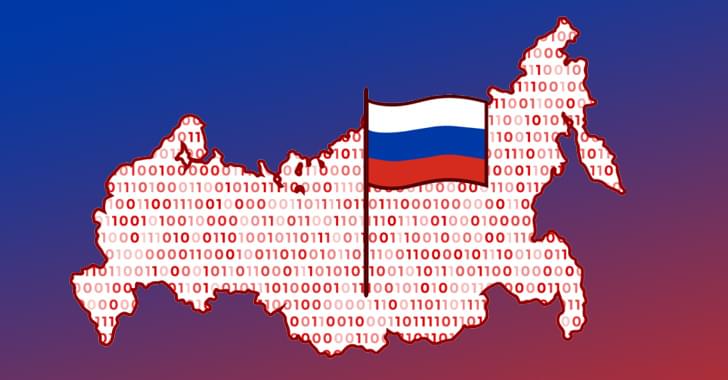An emerging China-backed advanced persistent threat (APT) group targeted organizations in Hong Kong in a supply chain attack that leveraged a legitimate software to deploy the PlugX/Korplug backdoor, researchers have found.
During the attack, the group leveraged as its PlugX installer malware signed with another legitimate entity, a Microsoft certificate, in an abuse of Microsoft’s Windows Hardware Developer Program, a vulnerability already known to the software vendor.




